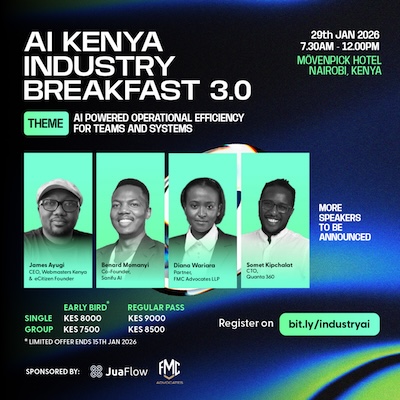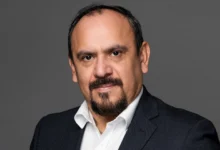
 Innovations in science and technology have transformed the world in recent decades.
Innovations in science and technology have transformed the world in recent decades.
But a good innovation aimed at solving basic needs does not need to be high-tech.It is often simple technologies that solve challenges in housing, access to water, food and energy, sanitation systems, education and healthcare.
These are things that are taken for granted by people in developed nations where technology is ubiquitous.
But technology has a very low penetration in many parts of Kenya and other countries – and is often not available where it is most needed. Rural communities are often isolated from advanced technology, and its costs are prohibitive.
So there is a huge market for simple, innovative and robust technology. However, getting simple technologies and small businesses off the ground can be challenging without support.
What makes the difference is business incubation and mentoring in entrepreneurship skills, combined with motivational support and the ability to share challenges with like-minded inventors and innovators.
It also helps to learn how to access markets. The case for simple solutions and social entrepreneurship has been proven by the entrepreneurs in the Empowering People Network, a low-tech solutions database managed by the Siemens Stiftung.
These businesses include a Tanzanian company which uses bicycles to create low-tech solutions for communities, including a bike-poweredkit for shelling corn, and a bike-powered cell phone charger which tops up batteries while the bike is being ridden.
In Cambodia, an underground bio-digester produces biogas from decomposing animal manure to power household stoves and lamps in areas without electricity.
Global Cycle Solutions develops solar innovations for communities that don’t have access to high-tech products, using bicycles as raw materials.
In Nicaragua, Eos International builds drip irrigation systems to get similar crop yields from less water, using cheaper materials.
In South Africa, Moladi creates homes from plastic frameworks that are cheap and re-usable.
Solutions like these were designed for a specific local need, but are appropriate to communities across the world with similar challenges.
The Siemens Stiftung’s Empowering People Network is for innovators and inventors who are successful in the global Empowering People Award. The network gives small innovators international exposure, regular online and offline training sessions, and access to business mentors and expertise.
By creating this community, the Stiftung aims to help inspiring individuals innovating for basic needs in and around their communities get access to the global lessons and markets.
It gives their businesses an opportunity to grow and stabilise, and it gives communities – even if they are on the other side of the globe – the opportunity to benefit from each other’s ingenuity.
The bottom line is that technology doesn’t all have to be complicated. Sometimes simple solutions are the best.




